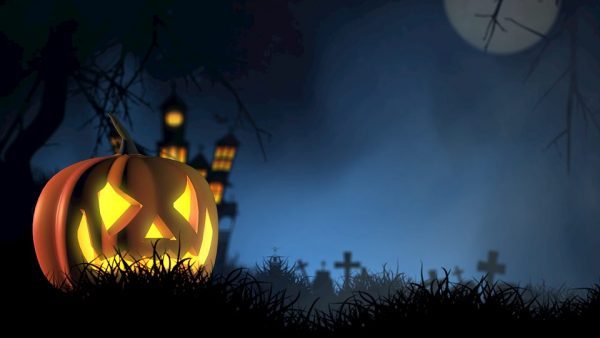
Each year on 31 October, people dress up, go to parties, go trick-or-treating, or watch their favourite horror films to celebrate the holiday that has become known as Halloween.
Today, many queer people affectionately refer to Halloween as “Gay Christmas” – and it’s not hard to see why. The holiday has allowed LGBT+ people to express themselves freely in oppressive cultures. While other annual holidays are rooted in normalcy and repetition, Halloween is the birthplace of experimentation.
Halloween is the most wonderful time of the year for queer people, but many aren’t aware of its fascinating history. In fact, Halloween – as we know it today – has been celebrated in some form for hundreds of years. It might have been popularised in America, but Halloween’s roots lie in ancient Celtic civilisations – and many of the traditions we associate with 31 October today have remarkable cultural and historical significance.


